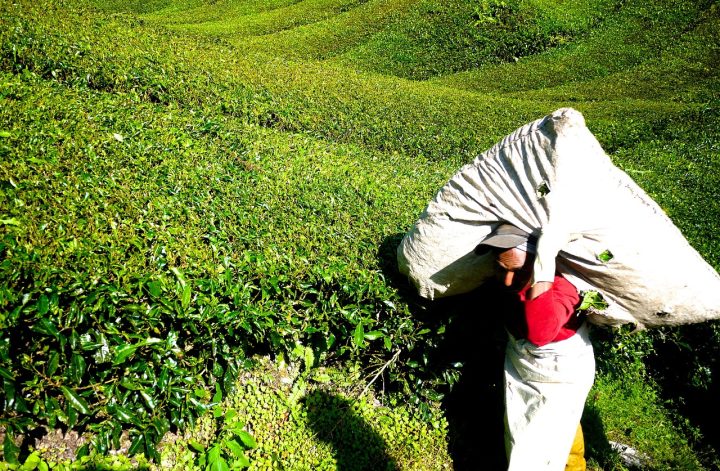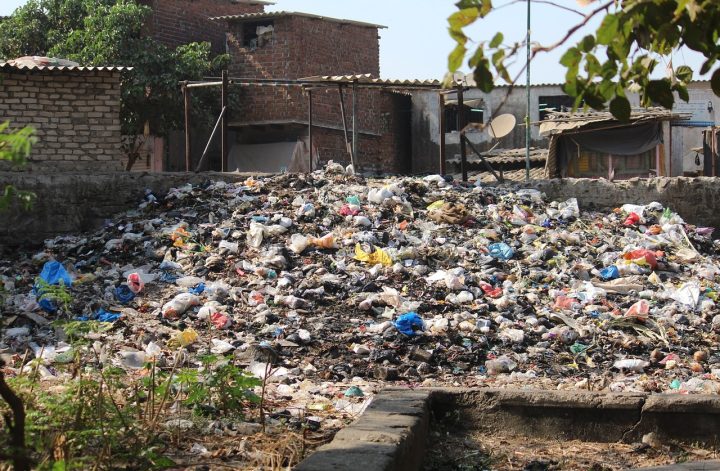Tea has long been an important part of many cultures worldwide. Beginning from China to Britain, it has significantly become ingrained in many aspects of life- from being used as medicine to important trading good- The popularity of tea has only increased and still continues to do so in popular culture.
However, tea plantation agriculture has some drawbacks. Tea is consumed by billions everyday more than once. It is no surprise since the tea industry ranging from China, Assam to Darjeeling and Cambodia are a part of more than 50 billion dollar industry.
Negative Environmental Impacts of Tea Plantation On Agriculture:
Although the tea plantation is hardly able to withstand harsh cold climates, the plant thrives in summer when it is usually cultivated. Some of the associated negative impacts of tea plantations on the surrounding environment and landscapes are:
- Deforestation: Land clearing for the purpose of tea plant cultivation leads to cutting down of forests and trees. This is because tea plantations require large areas that contribute to release of carbon dioxide in the atmosphere, air pollution, loss of wildlife habitats and even increases the duration of the pollutants in the air.
- Water Pollution: Tea production requires a lot of water. It takes about 15 gallons of water to produce just half a cup of tea. Typically tea is grown in areas with high levels of rainfall, but during dryer periods, tea plants require even more water to survive. In addition, tea processing techniques like withering, rolling, and fermentation also use large amounts of water.
Traditional tea plantation practices and agricultural techniques require huge amounts of water and coupled with the fact that it is a water loving plant yet hates sitting in water for long so therefore, the tea plants have to be planted on slopes. The water runoff when the water is drained takes not only the chemicals, pesticides and fertilizers used on the plantation but the excess waste of water is also improperly drained into nearby waters, streams and rivers. This effects aquatic ecosystems and animals as well. - Soil Erosion: Tea plantations are based on monocropping. Therefore this practice leads to degradation of soil quality, reduced productivity and increased water pollution.
- Soil fertility and permeability: The tea plant is suited to acidic soil environment because of its nature and the application of Nitrogen fertilizer. However, the long term plantation and year long use of soil land to plant the same crop over and over again. This impacts the microbial population and also the fertility and permeability of soil are impacted. It reduces the soil microbial diversity and beneficial microbes.
- Soil nutrient depletion: As tea Plantations are monocrops- meaning that year after year the same variety or same tea plant is grown in the soil. This causes heavy depletion of nutrients from the soil and decreases soil quality.
- Deterioration of Natural Ecosystems: since tea plant agriculture is done in large areas and is a monocrop plant, the microbial population and often beneficial population are declined and impact larger ecosystems.
Sustainable Suggestions for the Tea Industry:
With increasing awareness and concerns being raised about the environment and climate change in general, the tea industry has also started to incorporate sustainable practices.
One such example is of Agroforestry- Since tea plants are monocrops and crop rotation is not an option. The next best option is to grow other vegetation along with tea. This not only improves soil fertility, microbial diversity but also ensures nutrient balance in the soil that makes the soil last longer and improves its soil quality.
With increasing awareness and concerns being raised about the environment and climate change in general, the tea industry has also started to incorporate sustainable practices.
One such example is of Agroforestry- Since tea plants are monocrops and crop rotation is not an option. The next best option is to grow other vegetation along with tea. This not only improves soil fertility, microbial diversity but also ensures nutrient balance in the soil that makes the soil last longer and improves its soil quality.
Related: Agroforestry – Importance and Application in Pakistan
Organic Tea Farming is a feasible option for that involved tea plantation at a smaller scale using composting, biological pest control. Organic farming can reduce the use of synthetic chemicals and support biodiversity, soil health, and water quality.
Other than that reducing packaging, using biodegradable material for eco-friendly packages, or using loose tea that comes in glass or metal packaging that is better than single use plastic. Moreover, using natural fertilizers, planting trees around tea plantation acres can help reduce soil erosion, water runoff and silting of lakes and streams. Additionally utilizing rainwater harvesting techniques and investing in technologies that reduce water usage, conserve it can be used. Moreover, use of other advancements like vacuum dehydrators that extract water from tea leaves without the use of additional water.
You may also interested in: Sustainable Agriculture Practices and their Advantages
Also check out: Biodynamic Farming Benefits and Importance for Environment
Check out: Olive Production and Olive Extraction Plants in Pakistan
I hope you all liked this post! Please comment below if you have any suggestions, comments, or feedback! We at #envpk love hearing from our readers! Thanks!




